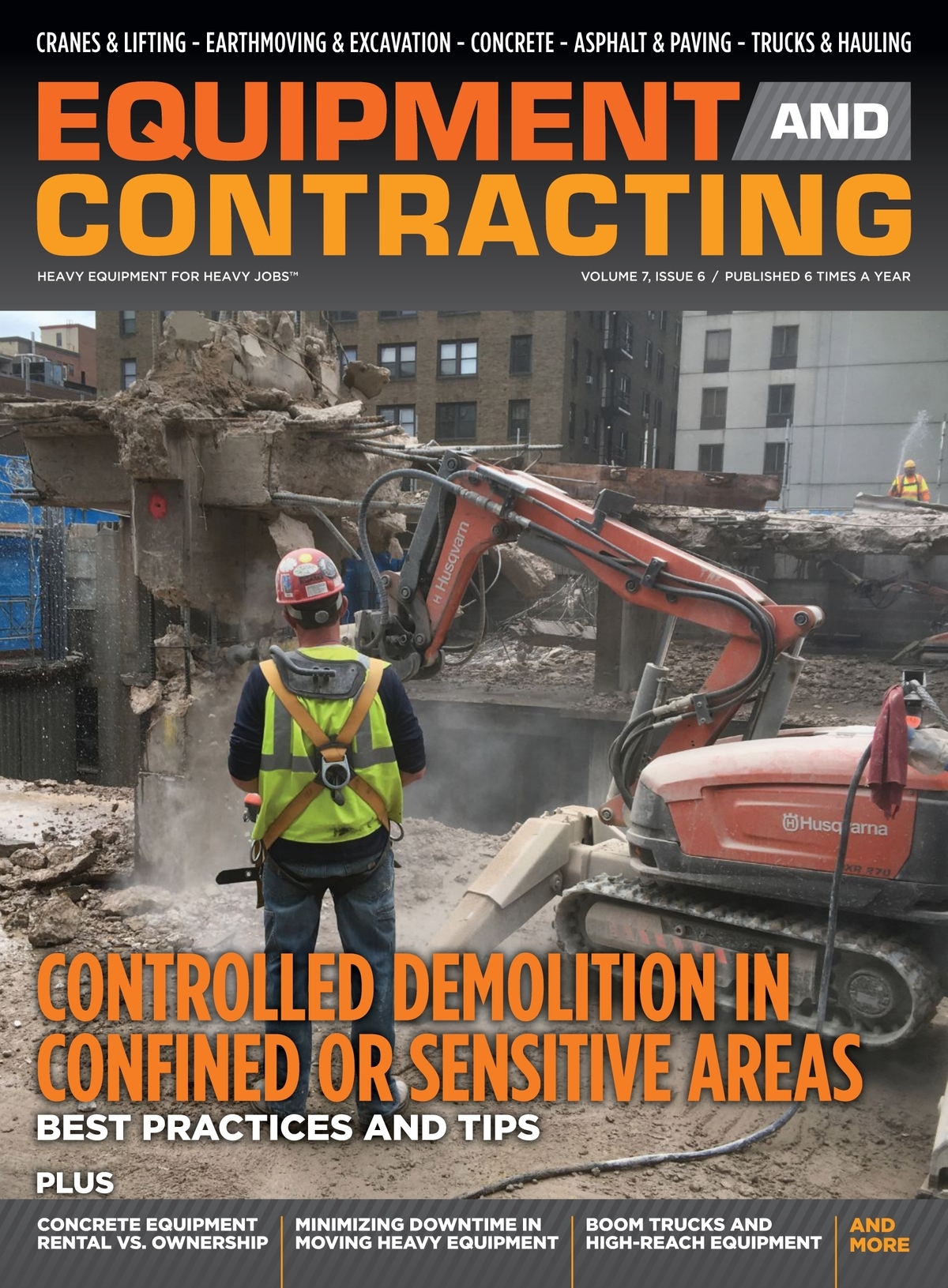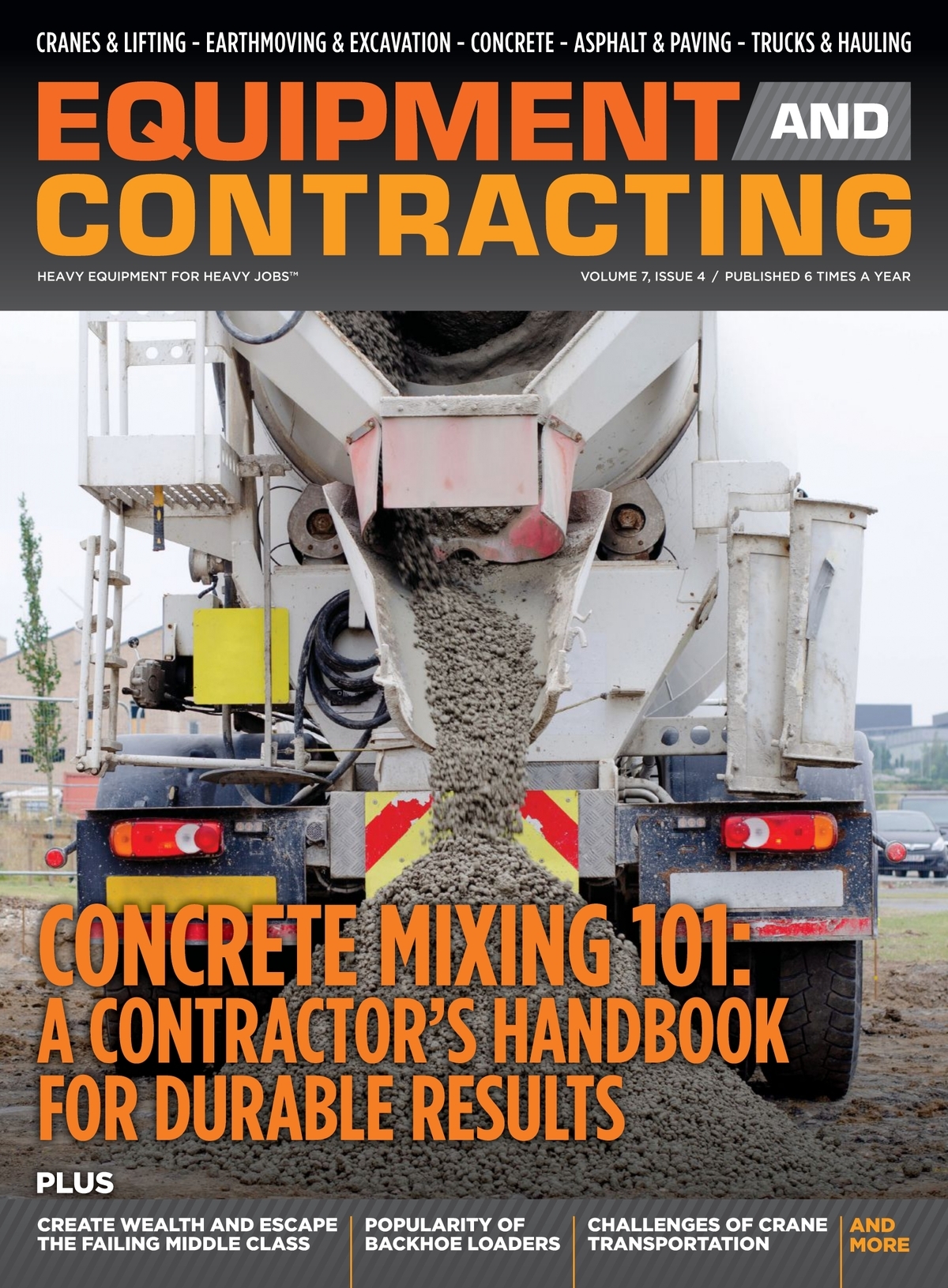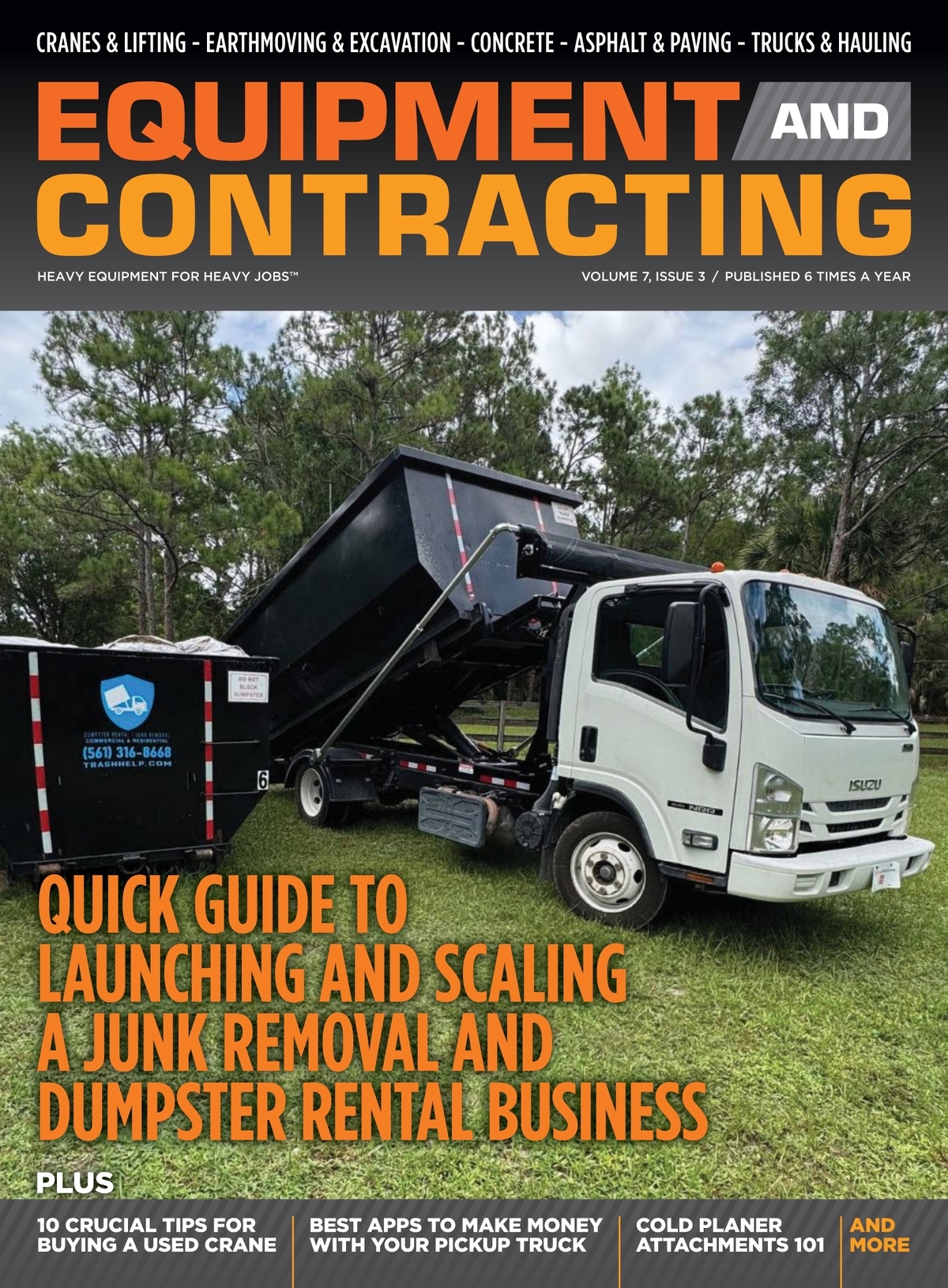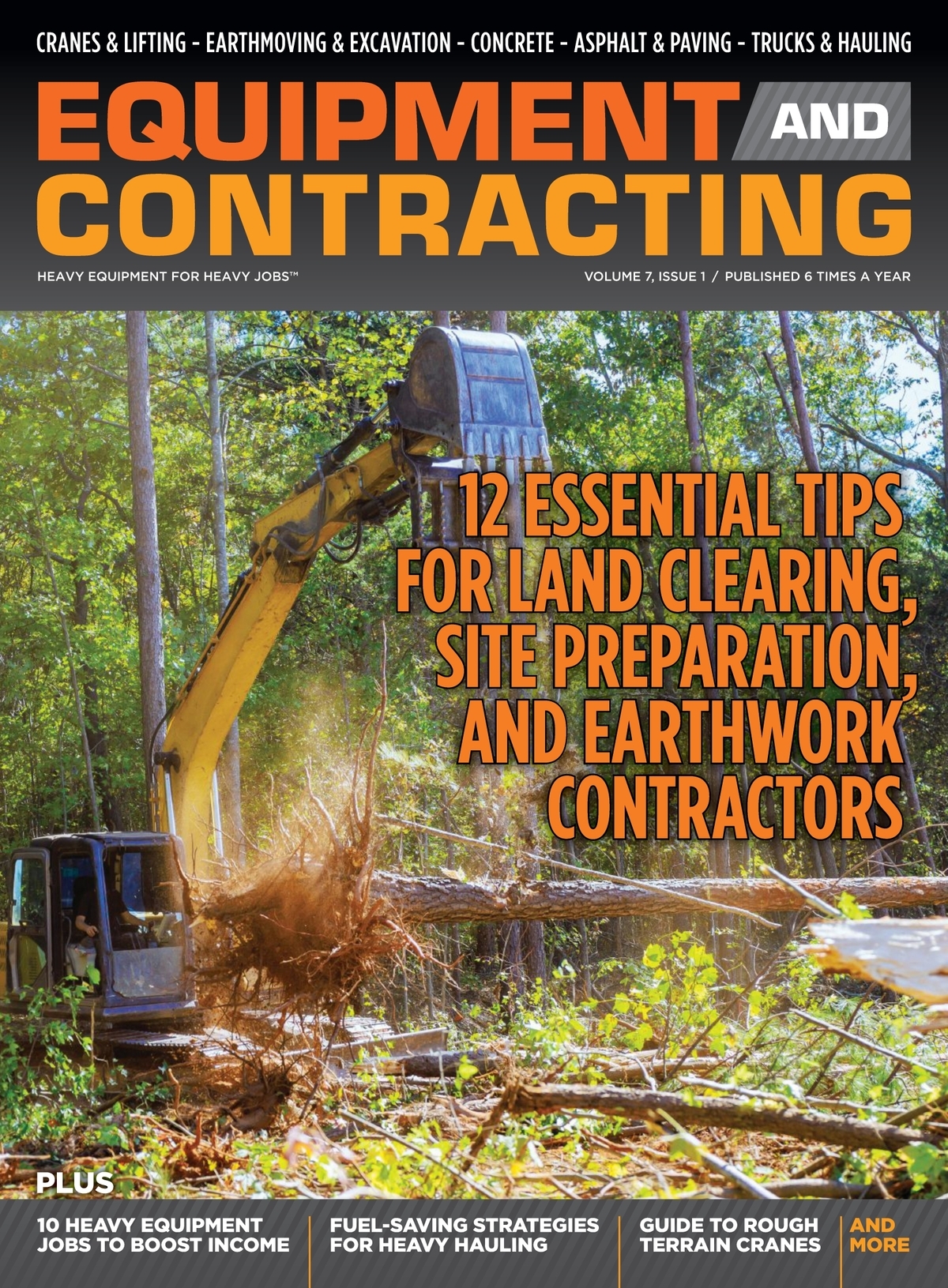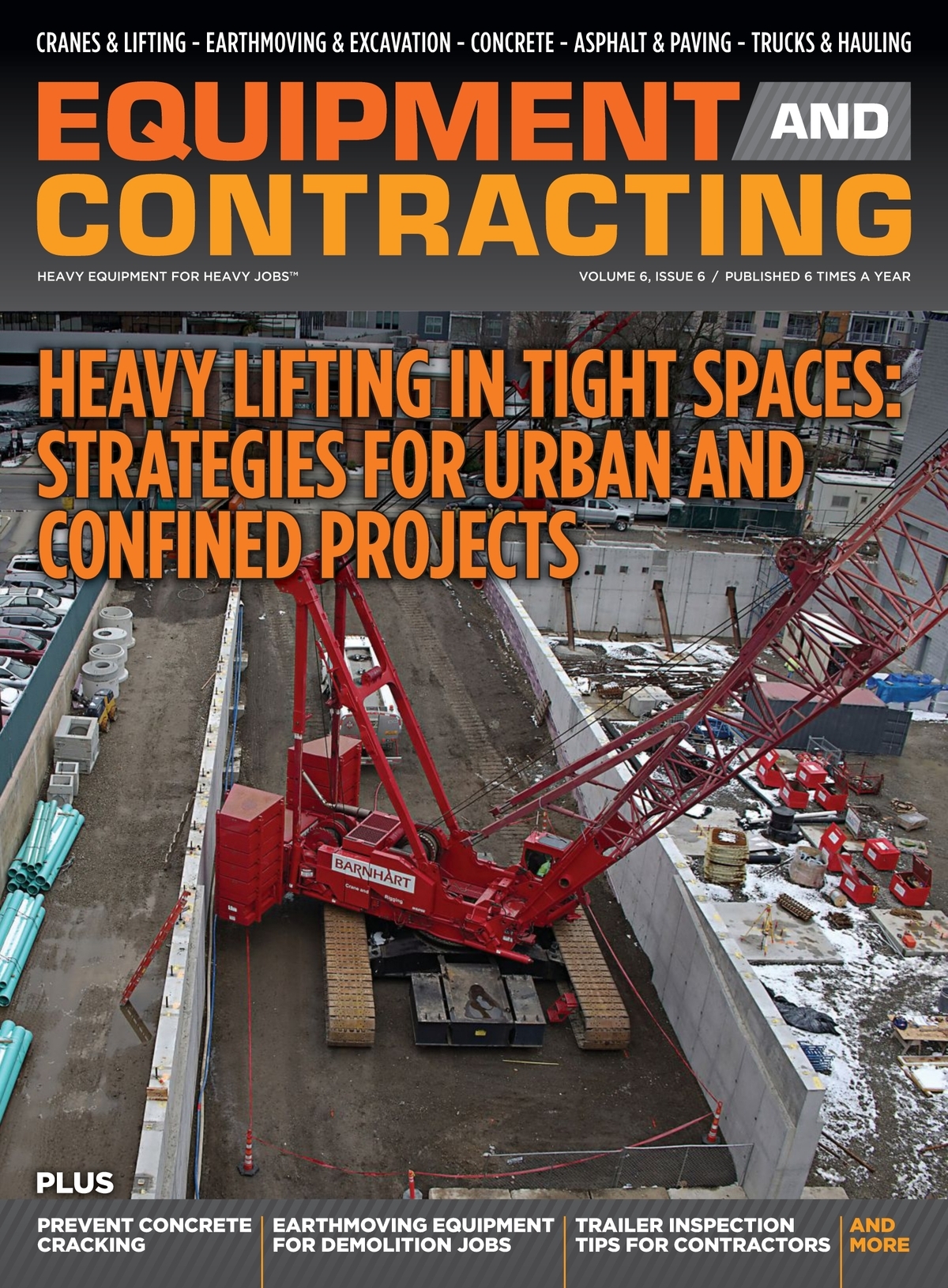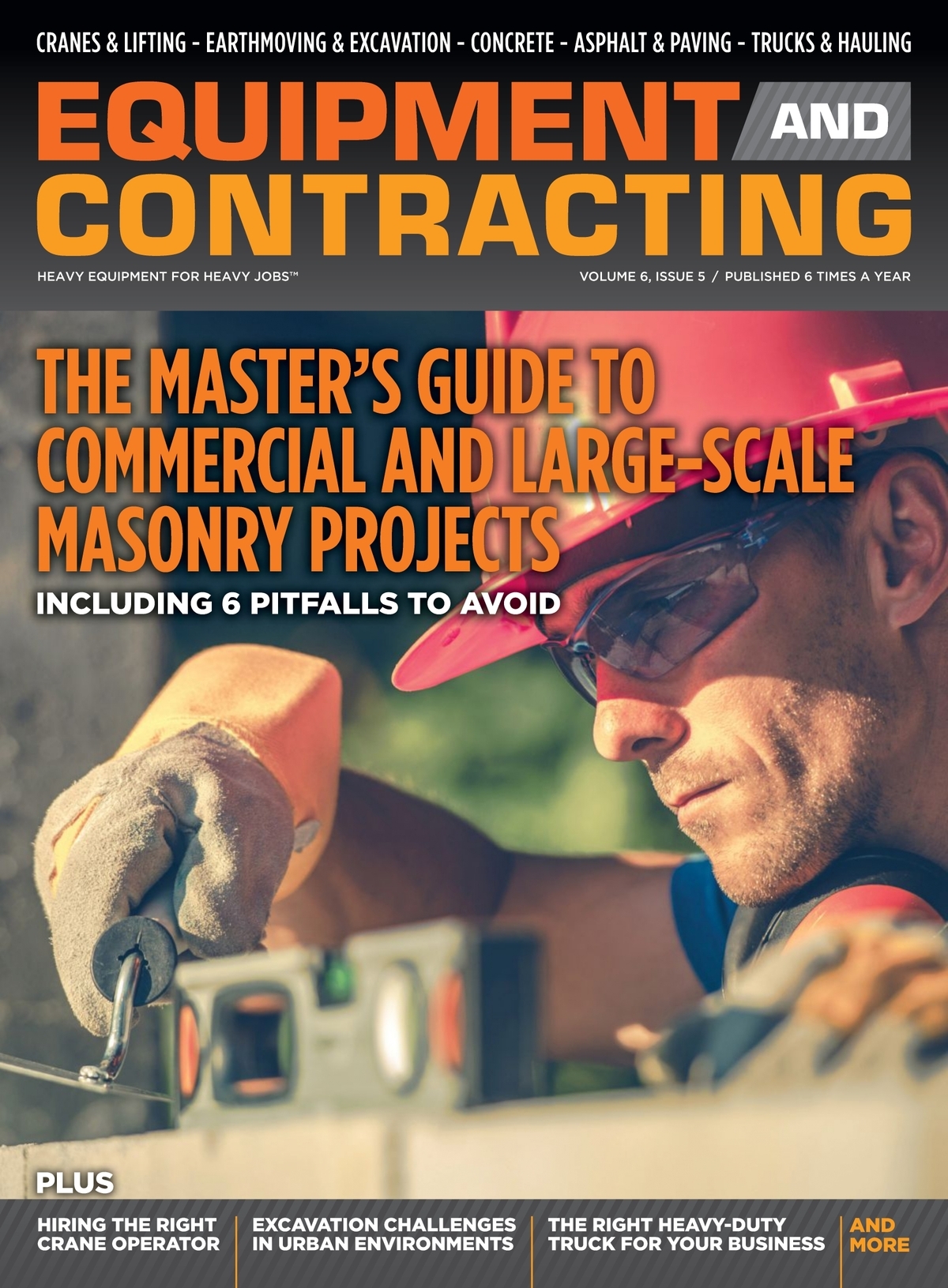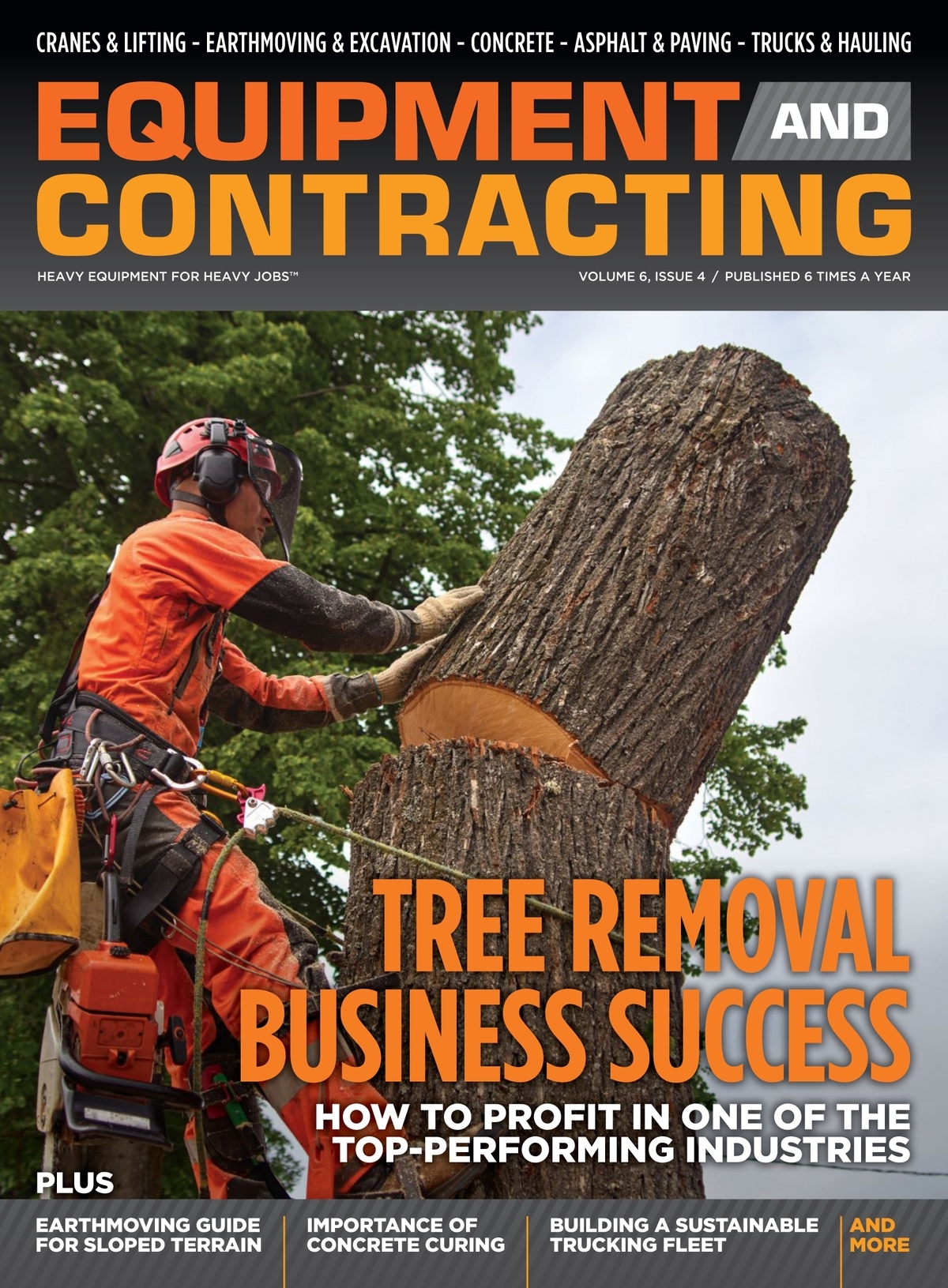
View the complete article here.
A skilled crane operator can significantly impact project timelines and safety. Poor crane operation can result in accidents, equipment damage, and costly delays. The operator must have a deep understanding of load charts, rigging techniques, and the specific capabilities and limitations of the crane they are operating. In this guide, we’re going to discuss the essential skills, certifications, and qualifications you should look for when hiring a crane operator—as well as tips for assessing their experience and ensuring they meet safety standards on your job site.
Essential Skills of a Crane Operator
While certifications are mandatory, a good crane operator must also possess a variety of practical skills that go beyond formal qualifications. Here are some key skills to look for…
Precision and Control
Operating a crane requires excellent hand-eye coordination and precision. The operator must have the ability to maneuver the crane smoothly and accurately, even in tight or challenging job site conditions.
Strong Spatial Awareness
Spatial awareness is crucial for lifting operations, as the operator must understand the size and weight of the load and how it interacts with its surroundings. This skill helps prevent collisions and ensures safe load handling.
Effective Communication
Crane operators often work as part of a team, relying on signals from riggers or spotters. They must be able to communicate clearly and follow instructions precisely to coordinate lifts safely.
Mechanical Aptitude
A good crane operator should understand the mechanics of the crane—including its engine, hydraulics, and electrical systems. This knowledge helps them identify potential issues and perform basic troubleshooting when necessary.
Problem-Solving Abilities
Every lift presents unique challenges, from unexpected obstacles to changes in weather conditions. The operator must be able to quickly assess risks and adapt their plan to ensure a safe lift.
Focus and Patience
Crane operations require sustained concentration. The operator must stay calm under pressure and remain patient, as rushing can lead to mistakes or accidents.
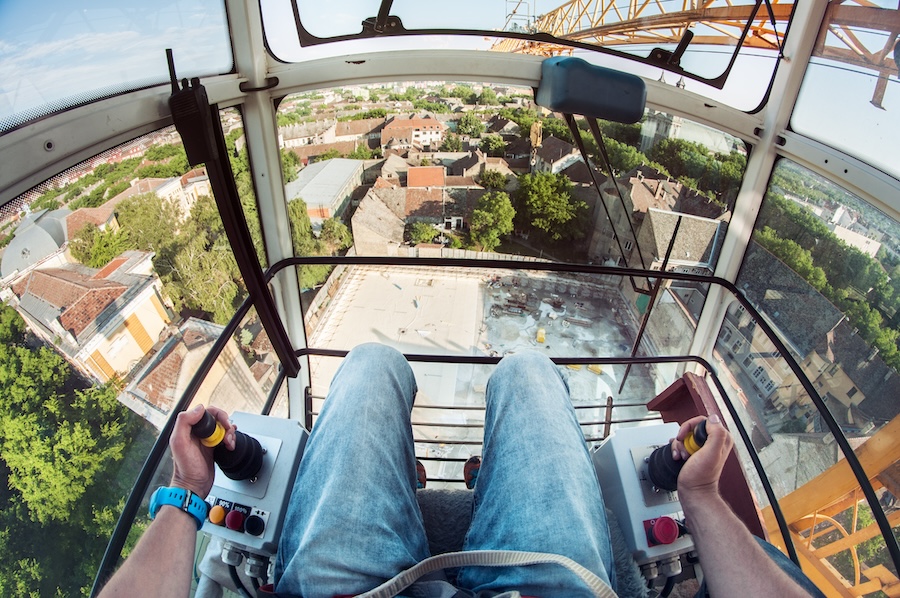
Required Certifications for Crane Operators
Certifications provide proof that a crane operator has met industry standards for safety and proficiency. The specific certifications required may vary depending on the region and type of crane being operated. Here are some of the most commonly recognized certifications…
NCCCO Certification (National Commission for the Certification of Crane Operators)
The NCCCO is the gold standard in crane operator certification in the United States. It offers various certifications based on crane type—including mobile cranes, tower cranes, and overhead cranes. The certification process includes a written exam and a practical test, ensuring that operators are knowledgeable and skilled.
OSHA Requirements
The Occupational Safety and Health Administration (OSHA) mandates that all crane operators must be certified by an accredited body, such as NCCCO or similar organizations. OSHA also requires ongoing training and recertification to keep operators up to date on safety practices.
CDL (Commercial Driver’s License)
For mobile crane operators, a CDL may be required if the crane is transported on public roads. This license demonstrates that the operator has the skills to safely transport heavy equipment.
Local and State Certifications
In addition to national certifications, some states and municipalities have their own requirements for crane operators. Be sure to check local regulations to ensure compliance.
Specialized Training for Different Crane Types
Different cranes require specific training and expertise. Here are a few examples:
- Mobile crane operators: Must be trained in handling rough terrain and balancing loads while the crane is in motion.
- Tower crane operators: Require training for high-altitude operations and wind considerations.
- Overhead crane operators: Need knowledge of indoor lifting techniques and precision control.
- Crawler crane operators: Should be skilled in navigating challenging terrains and handling heavy loads.
Each type of crane has unique characteristics, and operators must be certified for the specific type they will be using.
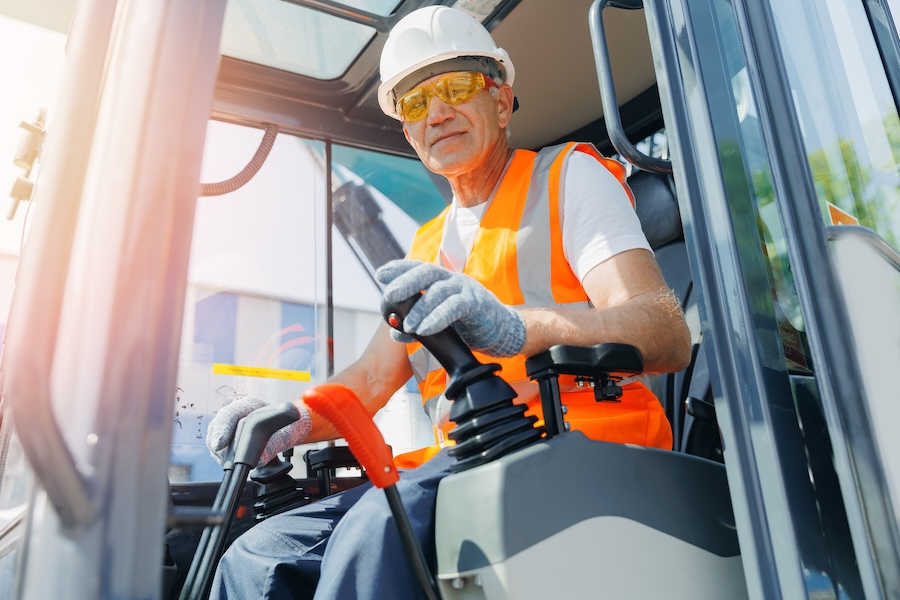
How to Assess a Crane Operator’s Experience
Experience is a key factor in determining a crane operator’s suitability for your project. When evaluating candidates, consider the following…
Work History
Look for operators with a solid track record on similar projects. Experience with the specific type of crane and industry sector (e.g., construction, maritime, or industrial lifting) is invaluable.
References and Recommendations
Request references from previous employers or clients. Feedback on the operator’s reliability, safety record, and professionalism can provide valuable insights.
Test Their Knowledge
Conduct a practical skills test or ask scenario-based questions during the interview. This can help gauge their understanding of load charts, rigging techniques, and problem-solving abilities.
Best Practices for Hiring a Crane Operator
Here are some tips to help you find the right crane operator for your project:
- Check credentials thoroughly: Verify all certifications and licenses. This step ensures compliance with legal requirements and provides confidence in the operator’s qualifications.
- Conduct a safety interview: Emphasize safety in the interview process. Ask about their approach to safety, how they handle emergency situations, and their familiarity with job site safety protocols.
- Offer ongoing training: Even the most experienced operators benefit from regular training. Provide opportunities for skill enhancement and updates on the latest safety regulations and crane technology.
Final Thoughts
Choosing the right crane operator is a critical decision that can significantly impact the safety and efficiency of your project. By focusing on essential skills, verifying certifications, and assessing experience—you can find an operator who is not only qualified but also a valuable asset to your team.
View the complete article here.
What certifications should a crane operator have?
Crane operators should have NCCCO certification, OSHA compliance, a CDL for mobile cranes, and any required local or state certifications. How can I assess a crane operator’s experience?
Evaluate their work history, check references, and test their knowledge through practical tests or scenario-based questions.

